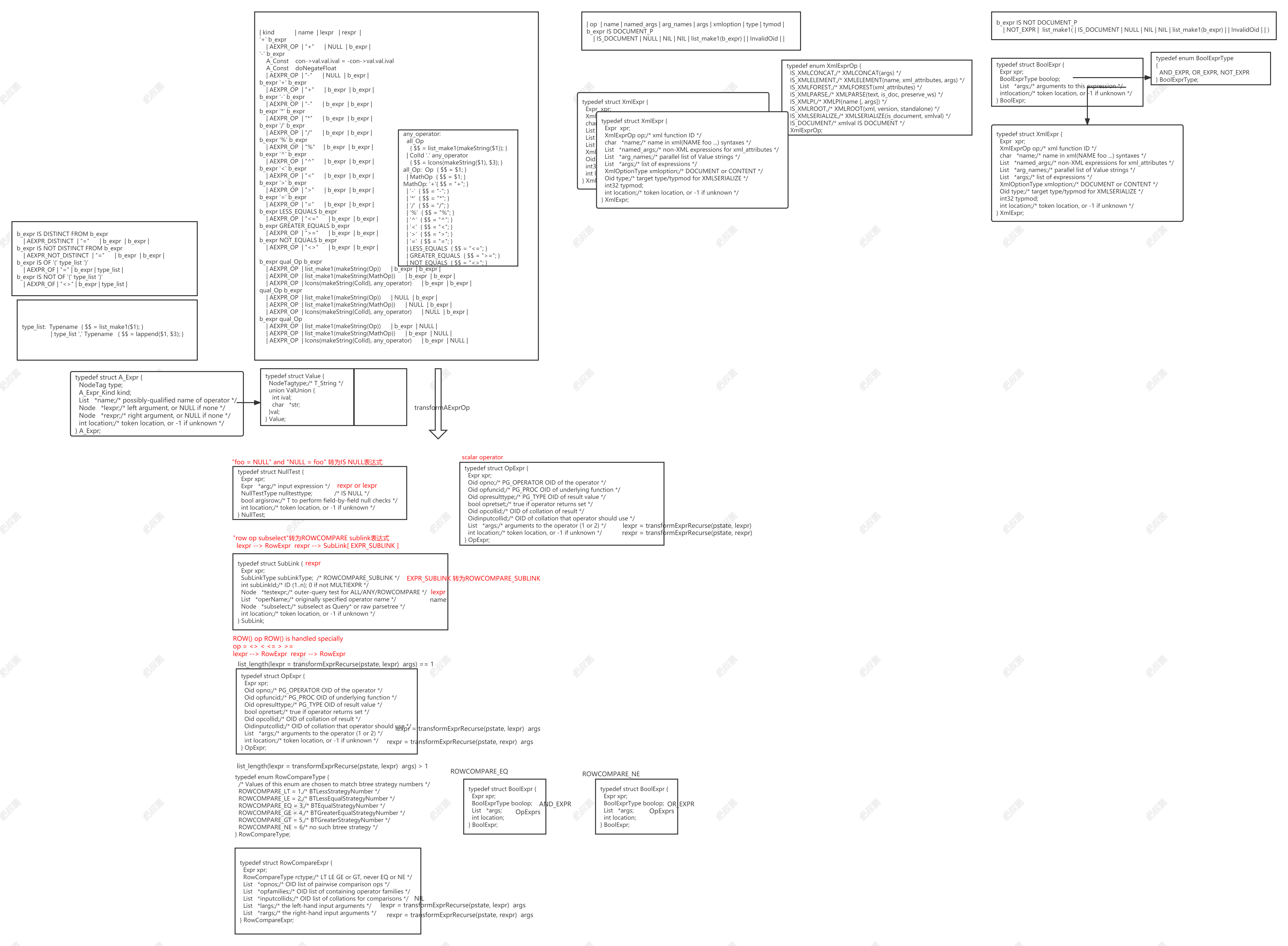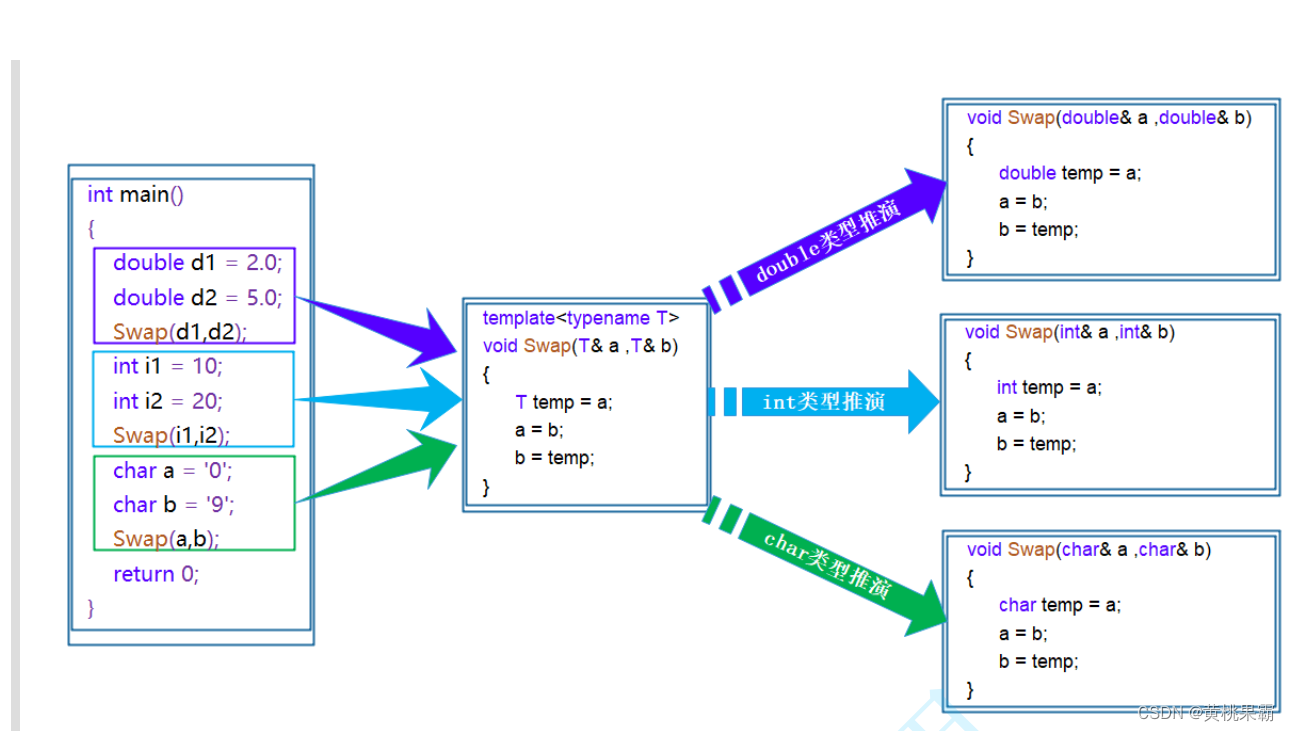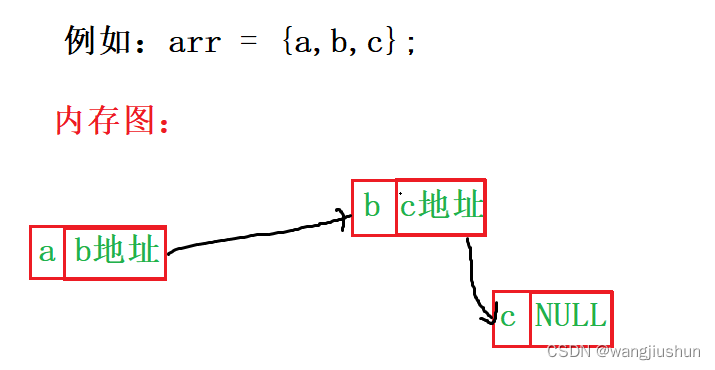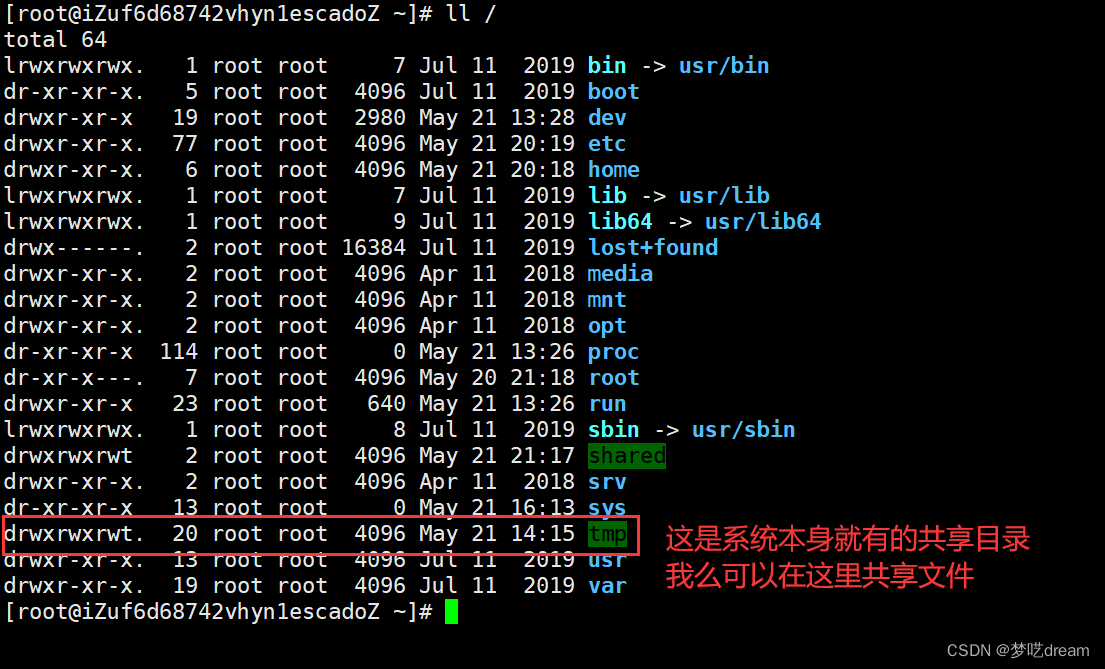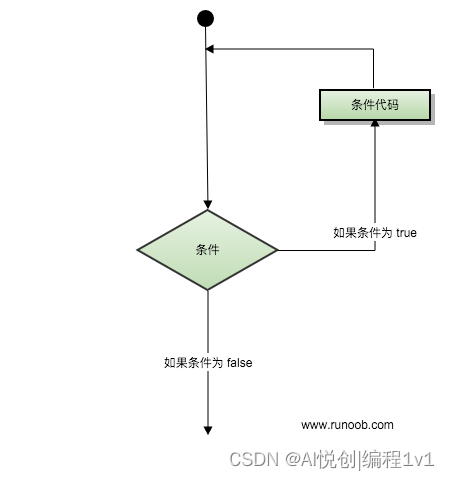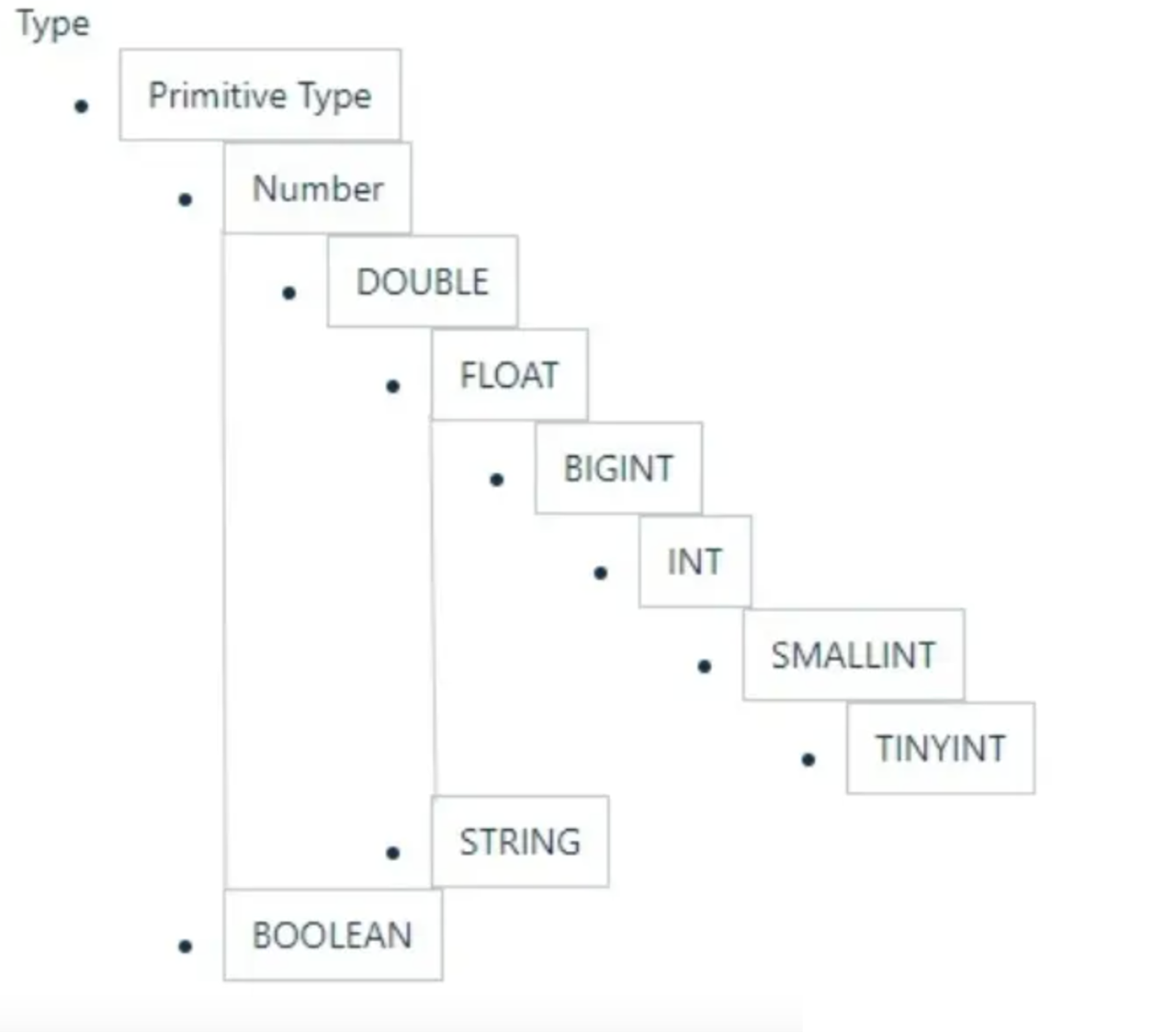static Node *transformAExprOp(ParseState *pstate, A_Expr *a){
Node *lexpr = a->lexpr; Node *rexpr = a->rexpr; // 操作符左右表达式
Node *result;
/* Special-case "foo = NULL" and "NULL = foo" for compatibility with standards-broken products (like Microsoft's). Turn these into IS NULL exprs. (If either side is a CaseTestExpr, then the expression was generated internally from a CASE-WHEN expression, and transform_null_equals does not apply.) */
if (Transform_null_equals && list_length(a->name) == 1 && strcmp(strVal(linitial(a->name)), "=") == 0 &&(exprIsNullConstant(lexpr) || exprIsNullConstant(rexpr)) && (!IsA(lexpr, CaseTestExpr) && !IsA(rexpr, CaseTestExpr))) {
NullTest *n = makeNode(NullTest); n->nulltesttype = IS_NULL; n->location = a->location;
if (exprIsNullConstant(lexpr)) n->arg = (Expr *) rexpr;
else n->arg = (Expr *) lexpr;
result = transformExprRecurse(pstate, (Node *) n);
}
else if (lexpr && IsA(lexpr, RowExpr) && rexpr && IsA(rexpr, SubLink) && ((SubLink *) rexpr)->subLinkType == EXPR_SUBLINK) { /* Convert "row op subselect" into a ROWCOMPARE sublink. Formerly the grammar did this, but now that a row construct is allowed anywhere in expressions, it's easier to do it here. */
SubLink *s = (SubLink *) rexpr;
s->subLinkType = ROWCOMPARE_SUBLINK; s->testexpr = lexpr; s->operName = a->name; s->location = a->location;
result = transformExprRecurse(pstate, (Node *) s);
}
else if (lexpr && IsA(lexpr, RowExpr) && rexpr && IsA(rexpr, RowExpr)){ /* ROW() op ROW() is handled specially */
lexpr = transformExprRecurse(pstate, lexpr);
rexpr = transformExprRecurse(pstate, rexpr);
result = make_row_comparison_op(pstate, a->name,castNode(RowExpr, lexpr)->args, castNode(RowExpr, rexpr)->args, a->location);
}
else { /* Ordinary scalar operator */
Node *last_srf = pstate->p_last_srf;
lexpr = transformExprRecurse(pstate, lexpr); rexpr = transformExprRecurse(pstate, rexpr);
result = (Node *) make_op(pstate, a->name, lexpr, rexpr, last_srf, a->location);
}
return result;
}
transformAExprOp函数将对AEXPR_OP、AEXPR_LIKE、AEXPR_ILIKE和AEXPR_SIMILAR类型的A_Expr表达式进行转换,分为四种类型。
- “foo = NULL” and “NULL = foo” 转为IS NULL表达式
- "row op subselect"转为ROWCOMPARE sublink表达式
- ROW() op ROW()调用make_row_comparison_op进行处理
- scalar operator调用make_op进行处理
scalar operator
make_op函数用于转换运算符表达式,确保类型兼容性。首先获取左表达式、右表达式类型,加上操作符名,调用oper函数获取pg_operator中匹配运算符表达式的operator记录;强制实现多态参数和返回类型的一致性,可能会调整返回类型或declard_arg_types(make_fn_arguments将其用作强制转换目标);为形参设置必要的强转函数;
/* make_op() Operator expression construction.
* Transform operator expression ensuring type compatibility. This is where some type conversion happens.
* last_srf should be a copy of pstate->p_last_srf from just before we started transforming the operator's arguments; this is used for nested-SRF detection. If the caller will throw an error anyway for a set-returning expression, it's okay to cheat and just pass pstate->p_last_srf. */
Expr *make_op(ParseState *pstate, List *opname, Node *ltree, Node *rtree, Node *last_srf, int location){
Oid ltypeId, rtypeId; Oid rettype; // 左表达式、右表达式、返回值类型
Operator tup; Form_pg_operator opform;
Oid actual_arg_types[2]; Oid declared_arg_types[2]; int nargs; List *args;
OpExpr *result;
/* Select the operator */
if (ltree == NULL){/* prefix operator */ // 查找一元左operator(unary left operator)
rtypeId = exprType(rtree); ltypeId = InvalidOid; tup = left_oper(pstate, opname, rtypeId, false, location);
}else{/* otherwise, binary operator */ // 查找二元operator
ltypeId = exprType(ltree); rtypeId = exprType(rtree); tup = oper(pstate, opname, ltypeId, rtypeId, false, location);
}
opform = (Form_pg_operator) GETSTRUCT(tup);
/* Do typecasting and build the expression tree */
if (ltree == NULL){ /* prefix operator */
args = list_make1(rtree); actual_arg_types[0] = rtypeId; declared_arg_types[0] = opform->oprright; nargs = 1;
}else{/* otherwise, binary operator */
args = list_make2(ltree, rtree); actual_arg_types[0] = ltypeId; actual_arg_types[1] = rtypeId;
declared_arg_types[0] = opform->oprleft; declared_arg_types[1] = opform->oprright; nargs = 2;
}
/* enforce consistency with polymorphic argument and return types, possibly adjusting return type or declared_arg_types (which will be used as the cast destination by make_fn_arguments) */
rettype = enforce_generic_type_consistency(actual_arg_types, declared_arg_types, nargs, opform->oprresult, false);
/* perform the necessary typecasting of arguments */
make_fn_arguments(pstate, args, actual_arg_types, declared_arg_types);
result = makeNode(OpExpr); /* and build the expression node */
result->opno = oprid(tup); result->opfuncid = opform->oprcode; result->opresulttype = rettype;
result->opretset = get_func_retset(opform->oprcode);
/* opcollid and inputcollid will be set by parse_collate.c */
result->args = args; result->location = location;
if (result->opretset) { /* if it returns a set, check that's OK */
check_srf_call_placement(pstate, last_srf, location);
pstate->p_last_srf = (Node *) result; /* ... and remember it for error checks at higher levels */
}
ReleaseSysCache(tup);
return (Expr *) result;
}
ROW() op ROW()
c_expr中指明了表达式为Row表达式的规则,而Explicit row production的规则如下所示,语法中有ROW关键字或括号:
row: ROW '(' expr_list ')' { $$ = $3; }
| ROW '(' ')' { $$ = NIL; }
| '(' expr_list ',' a_expr ')' { $$ = lappend($2, $4); }
;
explicit_row: ROW '(' expr_list ')' { $$ = $3; }
| ROW '(' ')' { $$ = NIL; }
;
implicit_row: '(' expr_list ',' a_expr ')' { $$ = lappend($2, $4); }
;
expr_list: a_expr { $$ = list_make1($1); }
| expr_list ',' a_expr { $$ = lappend($1, $3); }
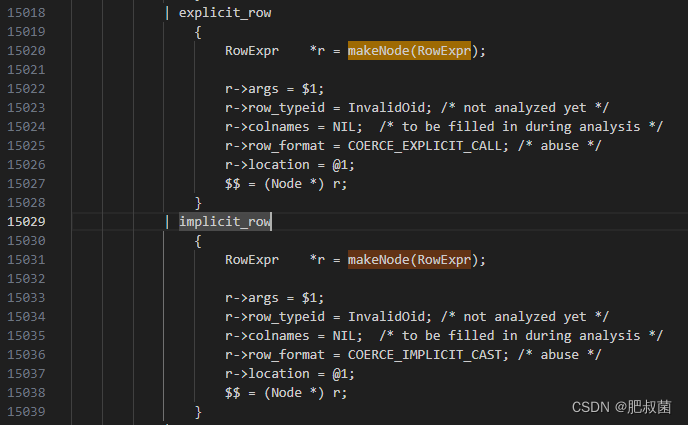
对于ROW() op ROW()调用make_row_comparison_op(pstate, a->name, castNode(RowExpr, lexpr)->args, castNode(RowExpr, rexpr)->args, a->location)进行转换处理.该函数输入是已转换表达式的列表。与coerce_type一样,如果不需要特殊的未知Param处理,pstate可能为NULL。输出可以是单个OpExpr、OpExpr的AND或OR组合或RowCompareExpr。在所有情况下,都保证返回布尔值。AND、OR和RowCompareExpr的情况进一步暗示了运算符的行为(即,它们的行为为=、<>或<<=>=)。The inputs are lists of already-transformed expressions. As with coerce_type, pstate may be NULL if no special unknown-Param processing is wanted. The output may be a single OpExpr, an AND or OR combination of OpExprs, or a RowCompareExpr. In all cases it is guaranteed to return boolean. The AND, OR, and RowCompareExpr cases further imply things about the behavior of the operators (ie, they behave as =, <>, or < <= > >=). 首先取出左右RowExpr表达式args中的子表达式,通过make_op函数为其创建OpExpr结构。如果row()的长度为1,则只返回单个运算符OpExpr。否则需要为每对运算符OpExpr,寻找包含运算符的btree操作族;对于=和<>创建BoolExpr(AND_EXPR、OR_EXPR);对于其他运算符,查找到其对于的opfamily,创建RowCompareExpr,并关联OpExpr的中的左右表达式。
static Node *make_row_comparison_op(ParseState *pstate, List *opname, List *largs, List *rargs, int location) {
RowCompareExpr *rcexpr; RowCompareType rctype;
ListCell *l, *r;
/* Identify all the pairwise operators, using make_op so that behavior is the same as in the simple scalar case. */
List *opexprs = NIL; // 使用make_op识别所有成对运算符,使其行为与简单标量情况相同。
forboth(l, largs, r, rargs){
Node *larg = (Node *) lfirst(l); Node *rarg = (Node *) lfirst(r);
OpExpr *cmp = castNode(OpExpr, make_op(pstate, opname, larg, rarg, pstate->p_last_srf, location));
opexprs = lappend(opexprs, cmp);
}
int nopers = list_length(largs);
/* If rows are length 1, just return the single operator. In this case we don't insist on identifying btree semantics for the operator (but we still require it to return boolean). */ //如果行的长度为1,则只返回单个运算符。在这种情况下,我们并不坚持为运算符识别btree语义(但我们仍然要求它返回布尔值)。
if (nopers == 1)return (Node *) linitial(opexprs);
/* Now we must determine which row comparison semantics (= <> < <= > >=) apply to this set of operators. We look for btree opfamilies containing the operators, and see which interpretations (strategy numbers) exist for each operator. */ // 现在,我们必须确定哪一行比较语义(= <> < <= > >=)应用于这组运算符。我们寻找包含运算符的btree操作族,并查看每个运算符存在哪些解释(策略编号)。
List **opinfo_lists = (List **) palloc(nopers * sizeof(List *));
Bitmapset *strats = NULL;
int i = 0;
foreach(l, opexprs){ // 从OpExpr列表中取出row左右对应位置的子表达式创建而成的OpExpr
Oid opno = ((OpExpr *) lfirst(l))->opno;
opinfo_lists[i] = get_op_btree_interpretation(opno); // 寻找包含运算符的btree操作族
/* convert strategy numbers into a Bitmapset to make the intersection calculation easy. */
Bitmapset *this_strats = NULL; ListCell *j;
foreach(j, opinfo_lists[i]){
OpBtreeInterpretation *opinfo = lfirst(j);
this_strats = bms_add_member(this_strats, opinfo->strategy);
}
if (i == 0) strats = this_strats;
else strats = bms_int_members(strats, this_strats);
i++;
}
/* If there are multiple common interpretations, we may use any one of them ... this coding arbitrarily picks the lowest btree strategy number. */ // 如果有多种常见的解释,我们可以使用其中的任何一种。。。这种编码任意地选择最低的btree策略编号。
i = bms_first_member(strats); rctype = (RowCompareType) i;
/* For = and <> cases, we just combine the pairwise operators with AND or OR respectively. */
if (rctype == ROWCOMPARE_EQ) return (Node *) makeBoolExpr(AND_EXPR, opexprs, location);
if (rctype == ROWCOMPARE_NE) return (Node *) makeBoolExpr(OR_EXPR, opexprs, location);
/* Otherwise we need to choose exactly which opfamily to associate with each operator. */
List *opfamilies = NIL;
for (i = 0; i < nopers; i++){
Oid opfamily = InvalidOid;
ListCell *j;
foreach(j, opinfo_lists[i]){
OpBtreeInterpretation *opinfo = lfirst(j);
if (opinfo->strategy == rctype){
opfamily = opinfo->opfamily_id;
break;
}
}
if (OidIsValid(opfamily)) opfamilies = lappend_oid(opfamilies, opfamily);
else /* should not happen */
ereport(ERROR,(errcode(ERRCODE_FEATURE_NOT_SUPPORTED),errmsg("could not determine interpretation of row comparison operator %s",strVal(llast(opname))), errdetail("There are multiple equally-plausible candidates."), parser_errposition(pstate, location)));
}
/* Now deconstruct the OpExprs and create a RowCompareExpr. Note: can't just reuse the passed largs/rargs lists, because of possibility that make_op inserted coercion operations. */
List *opnos = NIL; largs = NIL; rargs = NIL;
foreach(l, opexprs){
OpExpr *cmp = (OpExpr *) lfirst(l);
opnos = lappend_oid(opnos, cmp->opno);
largs = lappend(largs, linitial(cmp->args)); rargs = lappend(rargs, lsecond(cmp->args));
}
rcexpr = makeNode(RowCompareExpr);
rcexpr->rctype = rctype; rcexpr->opnos = opnos; rcexpr->opfamilies = opfamilies;
rcexpr->inputcollids = NIL; /* assign_expr_collations will fix this */
rcexpr->largs = largs; rcexpr->rargs = rargs;
return (Node *) rcexpr;
}
